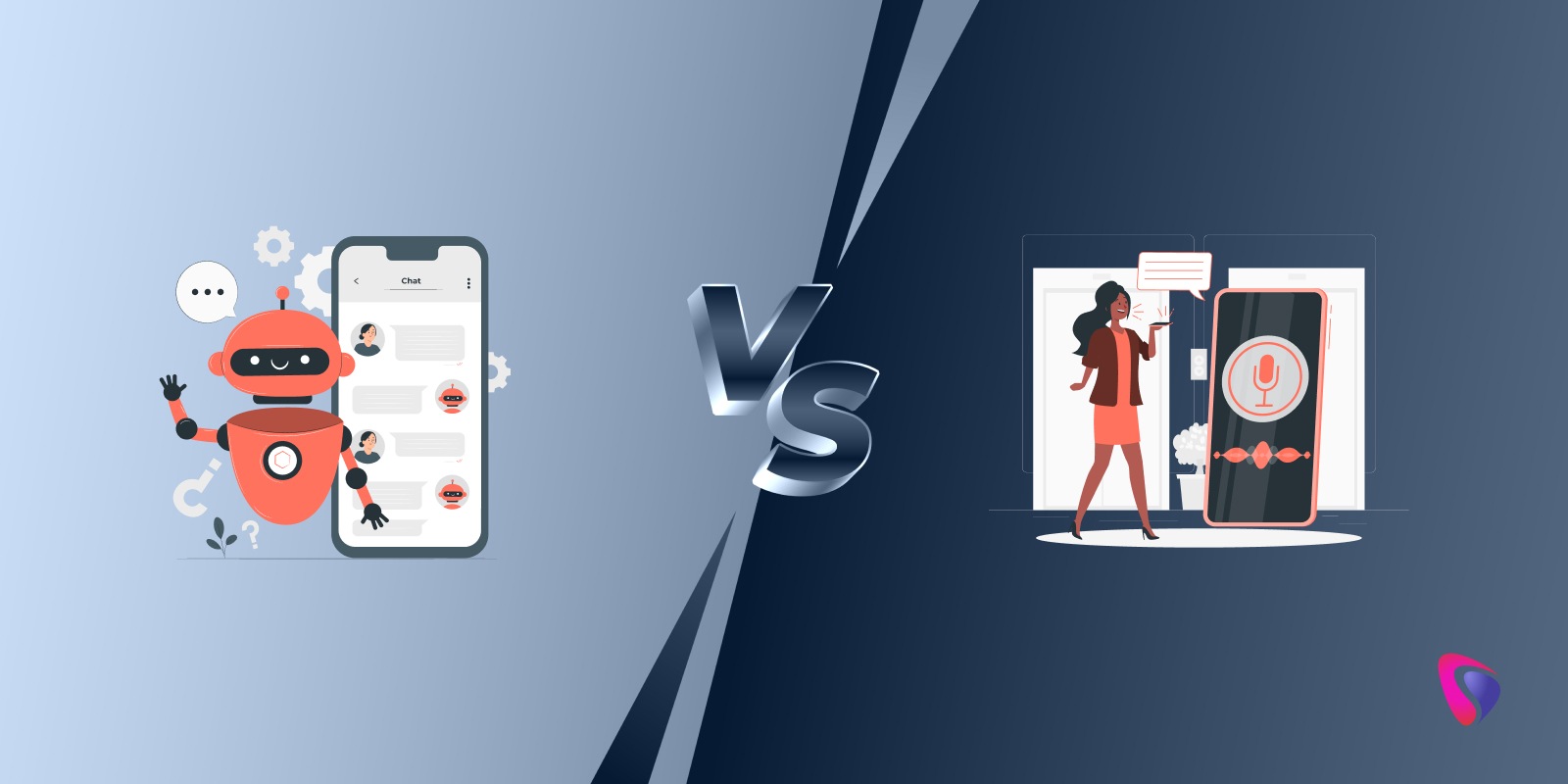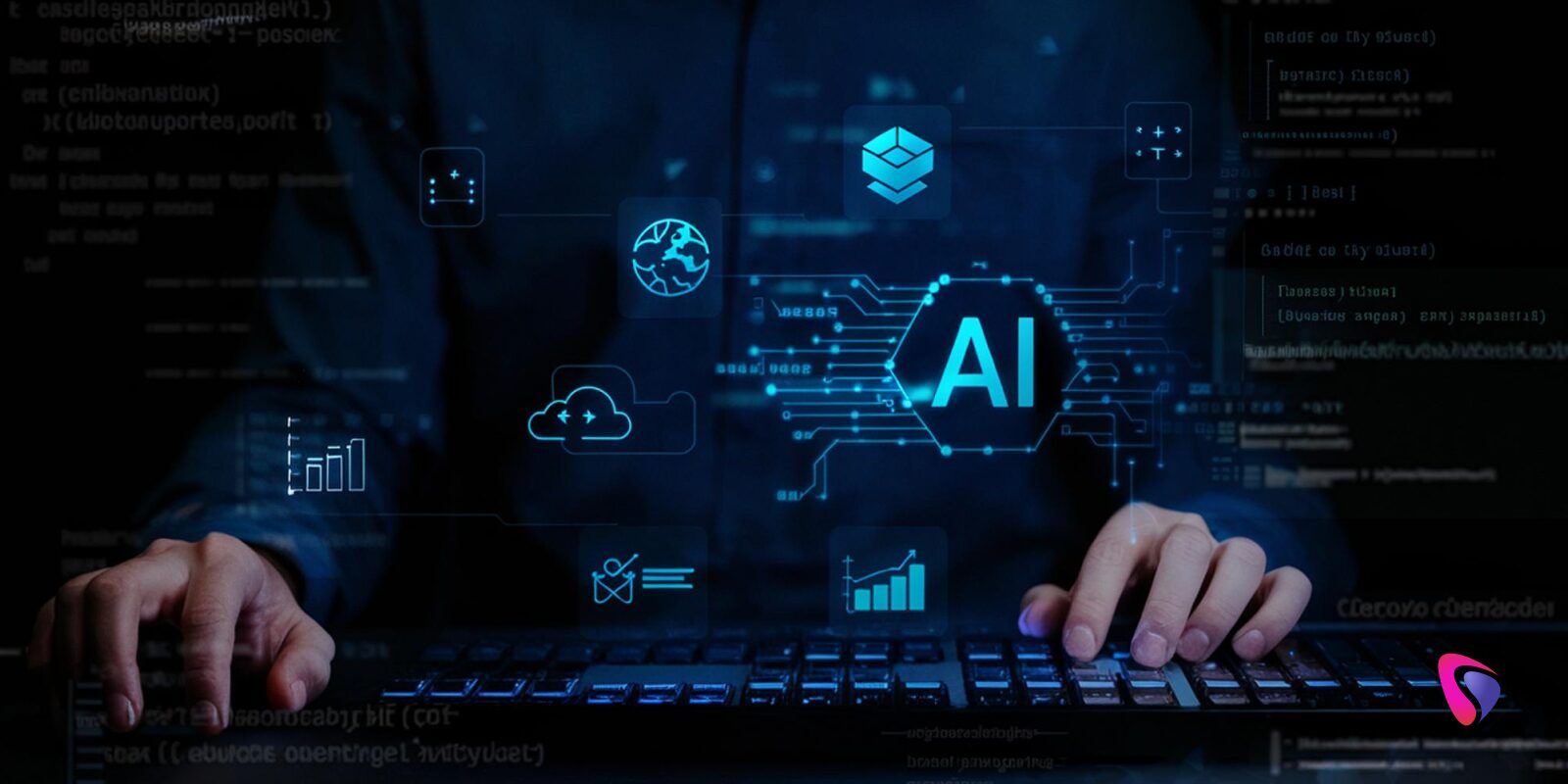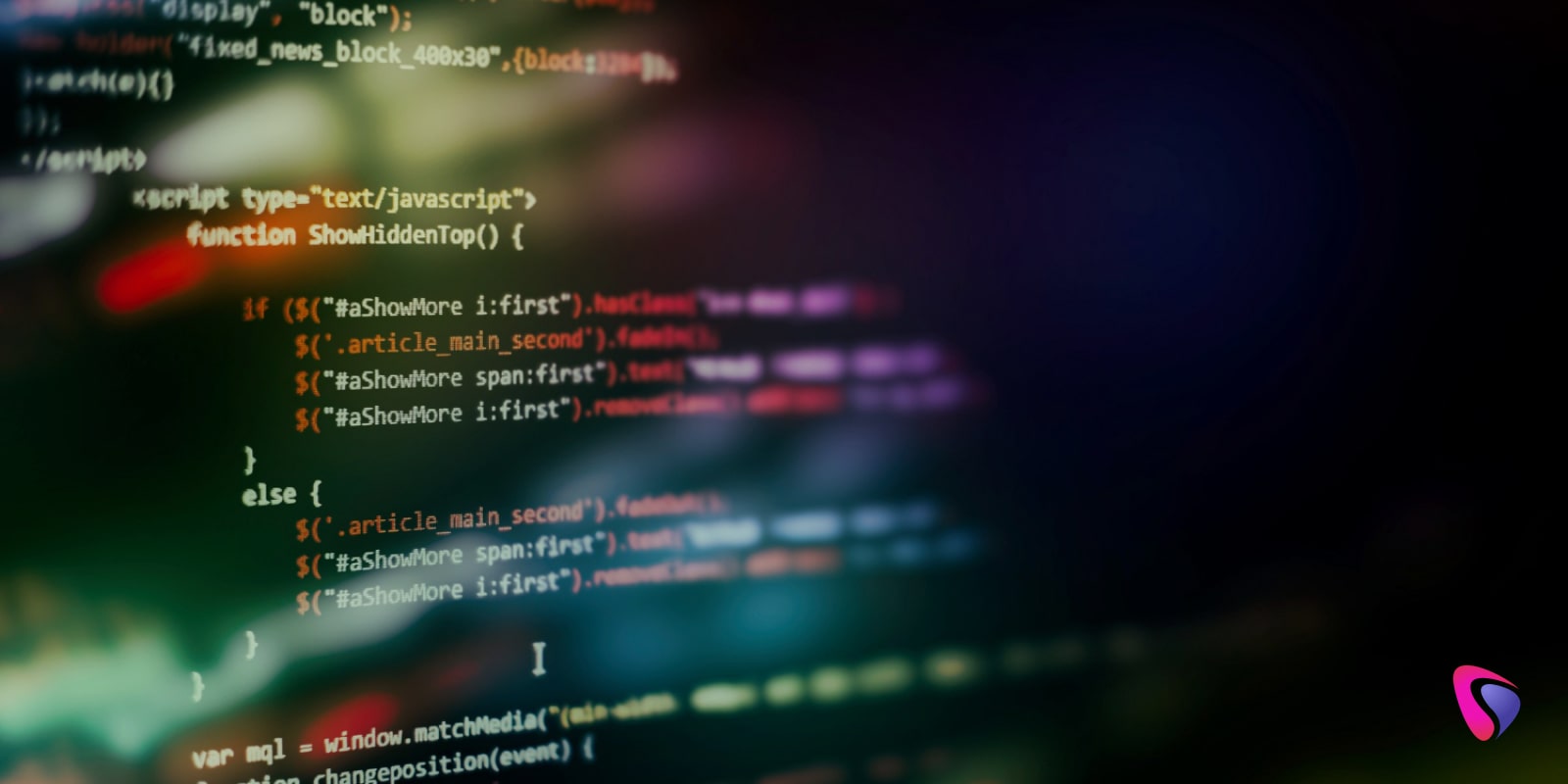
Coding, also known as programming, is basically the process of creating and writing instructions that a computer can follow and implement to execute and perform tasks on command. It is done utilizing the languages that underpin everything from webpages and applications to sophisticated computing systems. These instructions are created using a programming language like Python, JavaScript, or C++. While it shall definitely appear difficult at first, with the fitting technique and assistance, anybody can learn to code. Coding is the cornerstone of software development, allowing the production of websites, apps, games, and systems. Coding is fundamentally similar to creating a recipe for a computer. A piece of code instructs a computer to do specified activities in the same way that a recipe instructs a chef to produce a meal step by step. These tasks might range from displaying a webpage to doing sophisticated calculations.
Why Is Coding Important?
- Powering Technology: Coding powers the digital tools and platforms we use every day.
- Problem Solving: It facilitates the automation of processes and the resolution of real-world problems.
- Career Opportunities: Coding is in great demand in a variety of areas, including IT, healthcare, finance, and entertainment.
Coding Tips for Beginner Programmers
Beginning with coding can feel overwhelming for anyone, but using the correct approach and mindset will make all the difference. Let's discuss some basic tips for coding for beginners to navigate their dynamic coding journey:
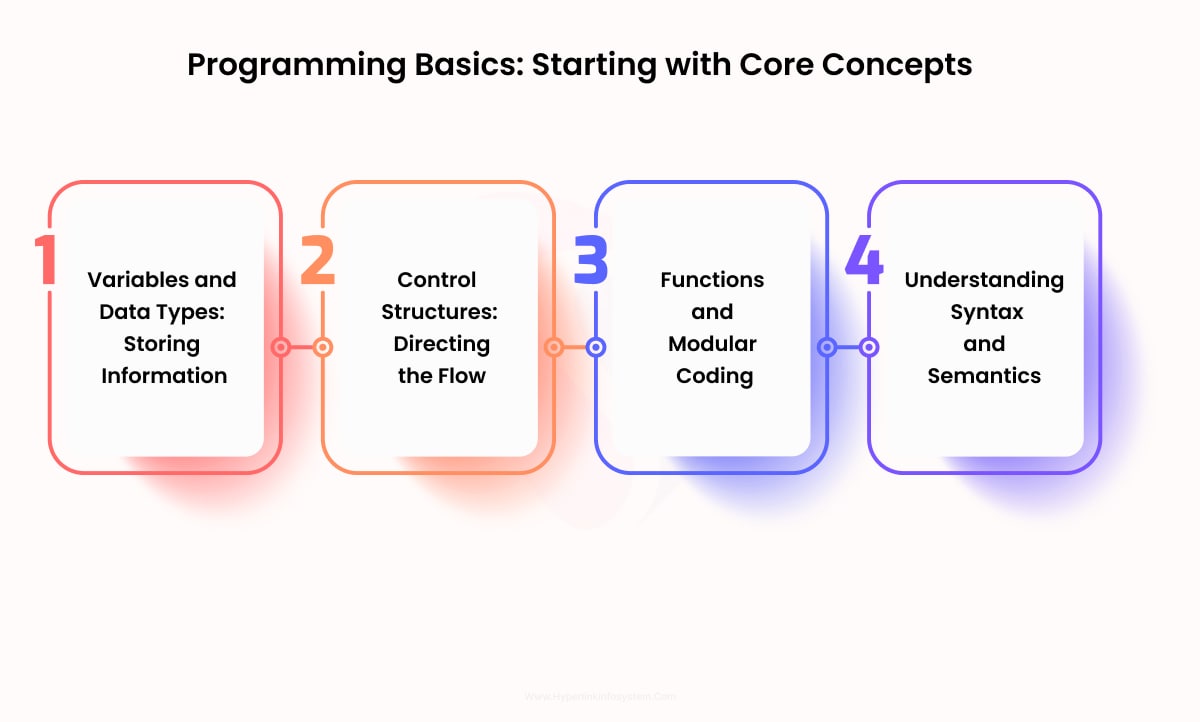
Begin with the Basics
Start by learning the foundational programming concepts such as functions, conditionals, variables, and loops. Commence your coding with a beginner-friendly language such as JavaScript or Python programming language.
Set Realistic Objectives
Since you want to grasp the overall concept in a clear manner, it's advisable to break your learning into manageable milestones, for instance, crafting a small project or subjugating a particular coding concept. Don't compare yourself with other developers, and prioritize personal growth.
Maintain Consistent Practice
Set aside time daily or weekly to code. Consistency is essential for keeping and enhancing abilities and ultimately the key to your coding success. Beginner programmers' platforms include many popular names such as LeetCode, HackerRank, and Codewars, which provide challenges that help you improve your problem-solving skills.
Do Not Fear Failures
Debugging is an integral element of coding. Mistakes offer important learning opportunities. To find and address bugs in your code, use tools like debuggers and print statements.
Operate On Projects
Utilize your programming language expertise to decipher real-world issues by assembling tiny projects such as calculators, to-do lists, and personal web pages. Assignments not only reinforce topics but also exemplify your abilities in mobile app development for the future.
Comprehend From Others
Join coding forums on sites such as GitHub, Reddit, and Stack Overflow to communicate with other students and professionals. Participate in open-source projects to obtain practical experience.
Utilize Virtual Resources
There are a ton of free resources, such as FreeCodeCamp, Khan Academy, and YouTube lessons, for you to learn and start. You can also enroll yourself in organized classes on platforms such as Coursera or Udemy to obtain greater knowledge.
Concentrate on Problem Solving
Programming is about solving issues rather than producing code. Practice breaking down complicated tasks into smaller, more doable steps. Learn algorithms and data structures that'll support you to solve problems more efficiently.
Create a Diverse Coding Portfolio
You can also document and share your projects on sites such as GitHub. A digital portfolio showcases your capabilities to potential employers and colleagues about your talent and skill sets.
Stay Curious and Patient
Technology advances quickly, so embrace a philosophy of continual learning. Persistence will pay off, even if progress is slow at first.
Coding vs. Programming: What’s the Difference?
Even though both of them are often used interchangeably, coding and programming are totally unique terminologies used by dedicated developers as well as app developers. They both represent completely different facets of software development. Let's understand the exact difference in clarifying your learning path.
What is Coding?
Coding is basically the functionality of writing the actual instructions (code) that your computer will comprehend. This solution primarily focuses on grammar and converting human concepts into machine-readable language, which are then used for mobile app development and other web-based products.
- Example: Writing a JavaScript to calculate the diameter of a ballpark.
- Skill Level: The skill level of coding is majorly focused on problem-solving and syntax.
- Tools: Some commonly used tools are Text editors (e.g., VS Code), compilers, and interpreters.
What is Programming?
Programming in a layman's language includes not just coding but also the testing, overall base design, debugging, and maintenance of software systems. Among all the tips for coding, remember that programming necessitates critical thinking, problem-solving dexterities, and your complete understanding of software engineering concepts.
- Example: Designing a complete mobile app development and web development project for a retail platform, which includes coding, database integration, and user experience design.
- Skill Level: For beginner programmers or experienced dedicated developers, the skill level primarily consists of advanced concepts like algorithms, software architecture, and deployment.
- Tools: Whether you need to choose a coding language or a programming language, it should consist of basic features such as project management tools, debugging tools, and testing frameworks.
How Are They Related?
Coding is considered a subset or a subfield of programming. Among the top tips for coding for beginners, you need to know how to implement a program, and you must be able to code; nevertheless, programming demands a bundle of extra abilities and forethought to master it gracefully. Newbies frequently begin with coding and thereafter advance to programming as they embark upon more complicated projects.
Which One Should You Learn First?
If you’re new to the world of technology, as a newbie, you should begin with coding to learn how computers interpret given instructions. As you continue, you will learn about primarily employed programming principles such as algorithms, data structures, and software design.
Introduction to Coding Fundamentals
In the world of app development as well as many other significant projects, coding is the backbone of the virtual era. Coding enables computers to aptly execute tasks, apps to function, and websites to come alive. For beginner programmers, coding fundamentals are your foundational building blocks for creating functional and high-performing programs.
Key Coding Fundamentals
Syntax
Syntax is basically the number of set rules and protocols for writing code in a specific programming language. Every language has its own unique syntax that must be followed to avoid any technical mistakes.
Variables
Variables are basically containers that are used to store data; for instance, in Python, x = 10 assigns the value 10 to x.
Examples: age = 25, name = "Alice"
Data Types
This is primarily different types of data, which includes your common integers, texts, floats, and booleans, and understanding all of them properly is vital for proper data management. Here's a breakdown of the different categories of data:
- Numbers: There are two types of numbers here, i.e. Integers (whole numbers) and floating-point numbers (decimals)
- Text: It's basically strings of characters
- Boolean: Your boolean manages the True or False values
- Lists: It's like your average list that tracks your ordered collections of items
- Dictionaries: These are primarily unordered collections of key-value pairs
Operators
Symbols for performing multiple kinds of operations:
- Arithmetic: +, -, *, /
- Comparison: ==*,, <, >, <=, >=
- Logical: and, or, not
Control Structures
This primarily includes tools like loops (for, while) and other conditional statements (if, else) that govern the overall flow of a program.
Functions
Blocks of reusable code that execute certain functions to improve code efficiency and readability. Reusable code blocks for specialized purposes help in accepting input, processing it, and returning output.
Debugging
The debugging part mainly consists of detecting and correcting flaws in code to ensure that it operates as intended. Mastering these foundations lays a solid basis for further investigation of programming topics.
Understanding the Coding Landscape
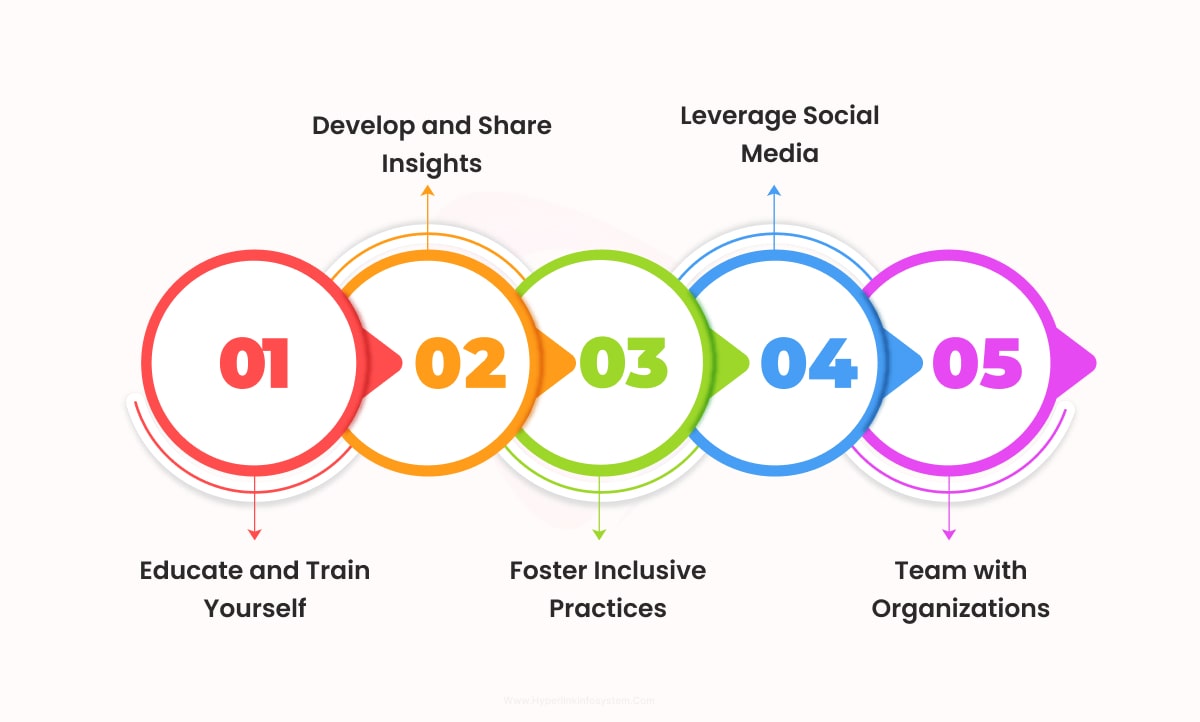
For beginner programmers, you should understand that the coding environment or landscape is extensive and dynamic, serving a myriad spectrum of businesses, technology, and applications. Whether you want to opt for mobile app development, analyze data, or construct AI-based systems, comprehending your exact options can help you organize your learning path more efficiently.
Types of Coding Fields
Web Development
- Frontend Development: It primarily prioritizes user-facing elements employing Python, HTML, CSS, and JavaScript.
- Backend Development: This aspect mainly focuses on server-side logic with programming languages such as Python, PHP, or Node.js.
Mobile App Development
For beginner programmers, mobile app development is a lucrative opportunity for developing applications for iOS, Android, or cross-platform using Swift, Kotlin, Flutter, or React Native.
Game Development
A game app developer generally specializes in curating immersive and interactive games with the help of popular engines like Unity (C#) or Unreal Engine (C++).
Data Science and Analytics
This sector of coding utilizes code to analyze and visualize data. Popular programming languages include Python and R.
Artificial Intelligence and Machine Learning (AI/ML)
It majorly focuses on developing and curating custom intelligent systems with Python, TensorFlow, and PyTorch.
Embedded Systems and IoT
The IoT and embedded systems primarily consist of programming hardware devices with languages like C, C++, or Python.
Coding Evolution
In 2024, coding has progressed from basic scripts to complex algorithms that drive the complexities involved in blockchain technology and artificial intelligence. Today's programmers have been given complete access to a wealth of resources, tools, and communities for learning, collaboration, and innovation.
Choosing Your First Programming Language
One of the biggest challenges a developer incurs during the beginning is how to choose coding language. Let's understand one thing first: the foremost stage in your coding journey is to select a programming language you want to utilize. Let's check out some of the most popular programming language options for beginners:
- Python: Python is an excellent choice for novice programmers since it's very simple and easy to read. It is commonly used in data science, web development, and machine learning.
- JavaScript: JavaScript is a web-based programming language that has been employed by developers since ages to construct interactive web pages and apps. It's also one of the oldest programming languages in the world.
- Java: Java is a pretty flexible programming language used in a variety of applications, including Android app development and corporate software.
- C#: C# is a strong programming language that is used for game development, Windows programs, and other purposes.
When it comes to choosing your first programming language, it's important to begin by considering your primary specialization interest and job ambitions while choosing a dedicated programming language. If you're interested in web development, JavaScript and Python are excellent options, but if you prefer game programming, C# or Python shall prove to be more lucrative.
Setting Up Your Development Environment
Once you've decided on a language, you'll need to set up a development environment. This usually entails installing a code editor or IDE (Integrated Development Environment). Here are a few popular choices among freshers as well as experienced developers:
- Visual Studio Code: Microsoft's Visual Studio Code is a portable, configurable code editor that bolsters an extensive selection of programming languages.
- PyCharm: PyCharm is a sophisticated IDE created exclusively for Python development.
- Eclipse: Eclipse is a flexible integrated development environment (IDE) for Java and additional programming languages.
- Sublime Text: Sublime Text, as the name suggests, is a massively customizable text editor that embraces a variety of languages used for programming.
Types of Coding
- Front-end development
- Back-end development
- Full-stack development
- Machine learning
- Artificial intelligence
- Mobile app development
- Game development
- Data Science
- Cybersecurity
Benefits of Learning Coding from Scratch
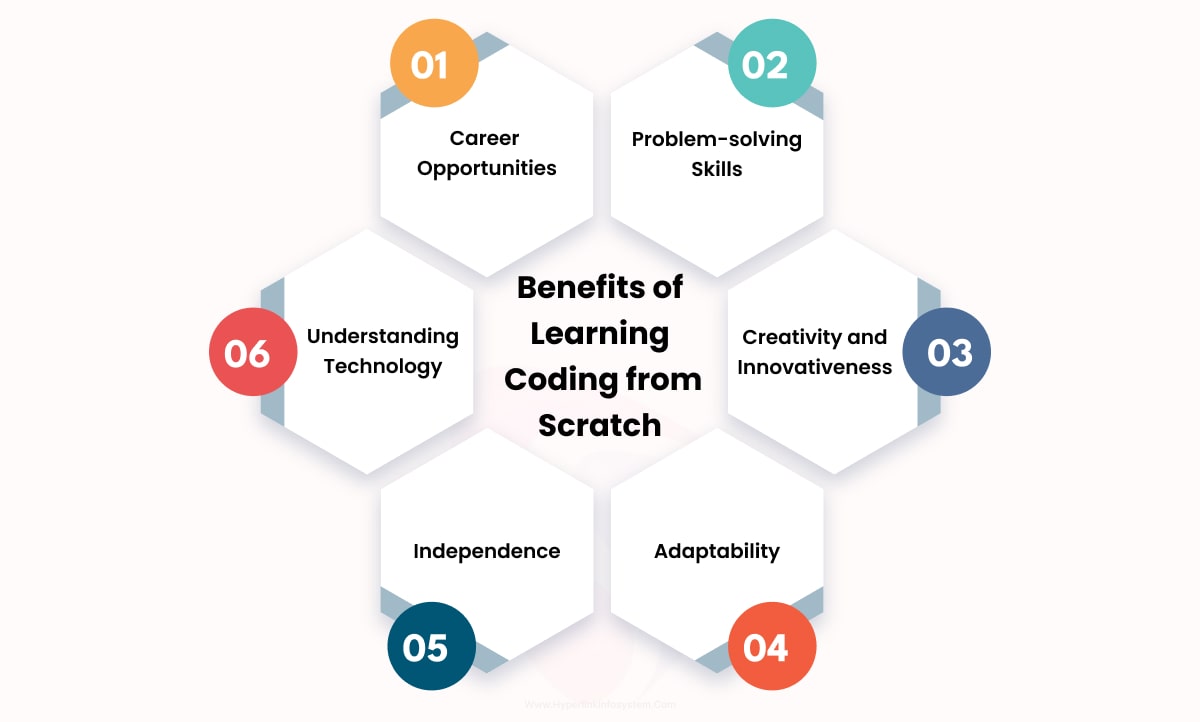
Remember this as a part of tips for coding for beginners: Coding is more than simply a technical talent; it allows you to solve problems, be creative, and innovate. Learning to code has several benefits, whether you want to pursue a career in technology, specialize in a particular programming language, or simply improve yourself.
Career Opportunities
In 2024, especially with technology practically dominating every other field in the industry, coding is a highly valued talent in today's work environment. Especially in the corporate sector, designations like software developer, data scientist, and AI engineer positions provide high pay and employment stability.
Problem-solving Skills
Coding basically improves logical thinking and the capacity to break down difficult issues into small chunks for a much-added tinge of convenience. It is a talent that can be used in many other facets of life as a whole, not simply programming.
Creativity and Innovativeness
Coding allows you to effectively bring your ideas to fruition, whether they be for a website, app, or video game. It encourages ingenuity by forcing you to think of novel solutions.
Adaptability
Coding equips you with the flexibility to adapt to emerging technologies and tools. It ensures you stay relevant in a rapidly evolving digital landscape.
Independence
For fresh programmers, learning to code enables you to construct and manage your own projects without relying on other sources of assistance. You can freelance, create your own firm, or work on open-source projects.
Understanding Technology
Coding helps you develop a better knowledge of how technology works and how it operates with its functionalities across diverse industries. This understanding enables you to explore and successfully use digital technologies.
Step-By-Step Guide to Start Coding
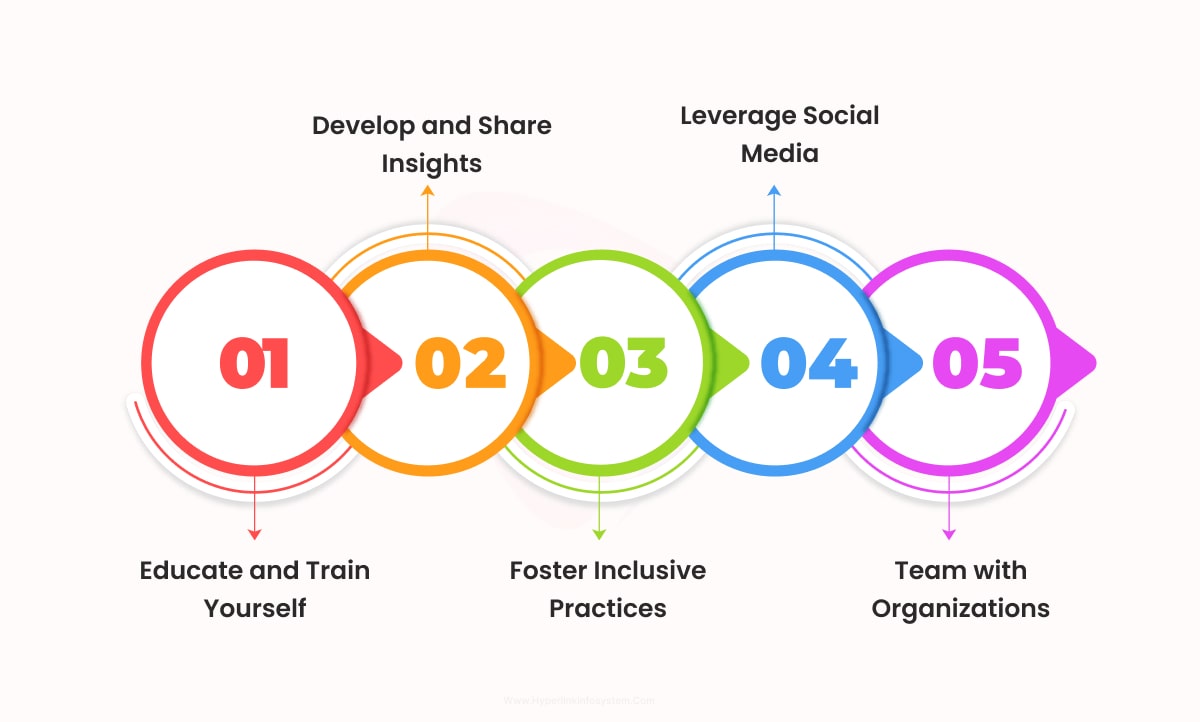
Let's break down all the semantics involved in the world of coding via a selection of carefully curated steps:
Step 1: Picking a Coding Language
Before you begin coding, choose a particular language for your specialization, or even develop a solution, you must first choose the appropriate programming languages for your project. To determine which is the best one, consider if you have a flexible timeframe or want to complete the project lightning-fast. If you do not employ data structures or algorithms, HTML or CSS are good places where you can begin coding. Furthermore, Java and Python are excellent for beginners. Mastering a programming language could require several months; therefore, it's critical that you devote the time to make judgments.
Step 2: Take Online Courses
Gone are the days when learning to code required offline classroom settings. Today, there are literally bundles of online programming classes that are easily accessible, ranging from fundamental HTML to complicated algorithms. A well-structured approach makes everything manageable and guarantees that you study in the intended order. Some of the most popular organizations that provide free courses for coding are:
- freeCodeCamp
- W3Schools
- Scaler Topics
If you are willing to make the time to study a certain language. There are various paid educational programs accessible that cover an array of fundamental, intermediate, and advanced computer science subjects:
- Codecademy
- Springboard
There are a few premium providers who specialize in offering incredible coding courses that present free courses or trials.
Step 3: Watch Video Tutorials
Consider the most important tip for coding for beginners is watching online video tutorials for coding. Many Indian and international coding experts provide entire course videos, challenge videos, and even problem-solving videos for junior and senior developers alike. It's understandable that although an online course is the best option for getting hands-on experience, video lessons will help you increase the learning speed of your coding. You can use YouTube, an online video-sharing and social media site that provides a bundle of video courses on coding and programming. YouTube tutorials on coding and programming are popular among students due to their carefully picked content and great explanation methods. They also make coding accessible and inexpensive to everyone by offering live workshops and webinars. Two popular channels to look out for are Simplilearn and W3Schools.
Step 4: Utilize Top-tier Development Tools
Choosing the right software development tools is crucial for learning to code. They assist you in strengthening your software development expertise and gaining a satisfactory understanding of coding and programming. Popular coding editors for newcomers before you even choose coding language include VS Coding, Notepad++, Sublime Text, and Emacs. Here are some tools to help you write code:
Code Editor
For beginner programmers, code editors are the best option for writing clean code quickly. These tools are similar to text editors, but they propose additional functionality to help you organize and modify your code.
- Syntax highlighting
- Code lookup
- Built-in terminal environment
No-Code Development Tools
In the world of mobile app development, no-code development tools are very helpful for curating MVP solutions. No-code development tools are primarily no-code app builders that enable you to design your app the way you want it without writing a single line of code. Some of the most revered no-code development tools include:
- Mailchimp
- Bubble
- Typeform
- Webflow
Low-Code Development Tools
To properly distinguish between low-code and no-code development, it's important to understand the differences. The most popular low-code app development solutions are:
- Mendix
- Zoho Creator
- Salesforce Lighting
- Quickbase
Step 5: Discover and Join an Online Community like GitHub
One of the most effective techniques for novices to learn coding is to read someone else's code. Experts can assist you:
- Learn new code quicker.
- Supply you with high-quality code.
If you're not sure where to begin, GitHub is an excellent resource for newbie programmers as well as experienced app developers. GitHub is the largest community and programming resource, mostly used for code sharing. It enables millions of individuals to upskill and enhance their coding abilities.
Step 6: Collaborate on Real-Time Initiatives
Working on real-time projects is an incredible approach when you need to start learning how to code. These projects authorize you to unite with fellow developers while also expanding your expertise. They also aid you hone your coding and programming abilities. Here are some things to explore on your coding journey:
- Face Recognition
- Authentication System
- Search Engine
Step 7: Be on the Lookout for Coder Events and Coding Challenges
Learners or beginner programmers who are interested in coding are looking for opportunities to improve their abilities through events and challenges. These exercises provide newcomers with a valuable opportunity to learn about various online and mobile app development technologies and programming languages. Both online and offline, numerous possibilities and difficulties await. It's one of the best ways to start your career. Some popular tools you can explore to discover them are:
- TopCoder
- CodeChef
- HackerRank
Step 8: Enroll in an Online Coding Bootcamps
Coding boot camps are basically the holy grail of tips for coding for beginners. They are primarily short-term training programs that include a thorough coding curriculum. These programs are fast-paced and engaging, with excellent teaching in several languages and technologies. Millions of people across the globe actively join online coding boot courses to expand and improve their programming expertise. In addition, this boot camp offers accreditation depending on the learner's performance, which might help them land dream employment. Some popular platforms that provide online boot camps are:
- Simplilearn
- HackerRank
- Codecademy
Programming Basics: Starting with Core Concepts
All programming languages share essential building blocks that serve as the foundation for coding. Mastering these fundamental topics is critical for coding beginners seeking to develop expertise.
Variables and Data Types: Storing Information
When, as a novice, you're beginning to program, one of the fundamental things you should learn is how to store, reference, and change data. This is achieved via the use of variables. A variable serves as a container for information that can be accessed and altered within a computer program. Custom variable names, such as userName, age, or totalCost, indicate the type of data being stored. Variables can hold data types such as integers, text, and true/false values. Common kinds of information include:
- int - whole numbers
- double - decimal numbers
- string - text
- boolean: true/false logical values
When you wish to deal with a variable's data, just refer to it by the term you have assigned for it. To save the text "Samantha" in the userName variable, you may write userName = "Samantha." Mastering how to declare, initialize, and manipulate variables is critical for storing, retrieving, and altering data in any program you create as a coding newbie.
Control Structures: Directing the Flow
Control flow refers to the sequence in which statements execute within a program. Control structures provide you more control over this flow, allowing you to run code based on conditions or repeat code blocks. The two most commonly used control structures are:
Conditional statements
Conditional statements let you examine logical criteria and then run alternative code blocks based on the results. For example:
if (Score > 10) {
print("You won!");
} else {
print("Try again");
}
Loops
Loops let you repeat a chunk of code several times. For example:
for (int i = 0; i < 5; i++) {
print("Hello World"); // (this will be printed 4 times.
}
This prints the numbers 0 to 4.
Mastering control structures is critical for guiding how programs execute and dynamically adjust to changing environments.
Functions and Modular Coding
A function is a repeatable chunk of code that may be "called" from various places in the program. Functions encourage modular coding by enabling you to divide larger activities into lighter, specified parts. To avoid duplicating the same tax calculation, consider encapsulating the logic for calculating sales tax in a calculateTax() method. Some benefits of using functions include:
- Reusability- Functions can be called anywhere
- DRY code- Don't Repeat Yourself
- Readability- Gives names to steps
- Encapsulation- Hides complex details
As your programs get more advanced, functions become paramount for controlling code complexity.
Understanding Syntax and Semantics
Learning a programming language requires understanding both its syntax and semantics.
Syntax
Syntax relates to the language's structural rules or the right way to create code so that the computer can read it. Mismatched braces or inappropriate punctuation will result in syntax issues.
Semantics
Semantics relates to the actual meaning of your code instructions and how they are interpreted to affect the behavior of the program. Two syntactically valid statements might yield different consequences depending on their semantic interpretations.
Understanding both syntactic standards and the semantics of keywords, data types, functions, and so on is critical for developing code that works as intended. Begin with producing syntactically valid code, and then discover how language semantics affect resultant values, state changes, and program flow.
Best Coding Language to Learn
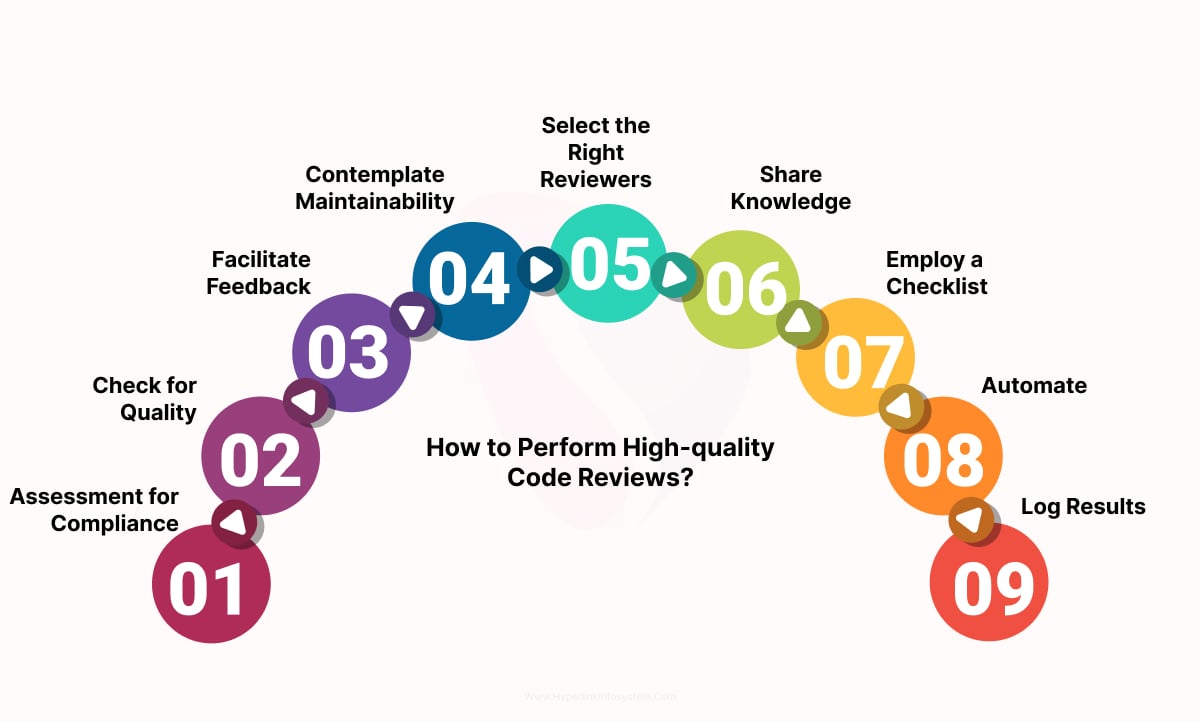
Choosing the best coding language depends on your goals, interests, and the applications you wish to create. Here's an overview of some popular languages and their use cases:
Python
- Why Learn It: Python is user-friendly, adaptable, and frequently utilized by global developers.
- Applications: Web development, data science, machine learning, and automation.
- Benefits: Uncomplicated syntax, comprehensive libraries, and a corroborating online community.
JavaScript
- Why Learn It: Required for web development and constructing interactive webpages.
- Applications: Game development, frontend and backend development, and mobile apps.
- Benefits: Being the oldest and most widely recognized, it is highly adaptable and supported by frameworks like React and Angular.
Java
- Why Learn It: Java is globally known for its reliability and scalability.
- Applications: Android app development, enterprise applications, and web applications.
- Benefits: Java boasts strong community backing and a broad range of tools.
C++
- Why Learn It: C++ is aptly suitable for system programming and performance-critical applications.
- Applications: Game development, operating systems, and embedded systems.
- Benefits: It provides high-performance and low-level memory manipulation.
Swift
- Why Learn It: Swift is specially designed for iOS and macOS app development.
- Applications: Mobile and desktop applications for all kinds of Apple devices.
- Benefits: Modern syntax and high efficiency.
Kotlin
- Why Learn It: It is known as Google's chosen language for Android development.
- Applications: Android apps and cross-platform development.
- Benefits: Interoperability with Java and an uncomplicated, unified syntax.
Ruby
- Why Learn It: Ruby is known for simplicity and productivity.
- Applications: Web development, especially with the Ruby on Rails framework.
- Benefits: Ruby emphasizes developer comfort and short development cycles.
SQL
- Why Learn It: Critical for database management and querying.
- Applications: Data analytics, database management, and backend development.
- Benefits: It is universal in all sectors and platforms.
Factors to Consider When Choosing a Language
Beginners can gear up for success effortlessly in the ever-changing digital industry by comprehending the coding environment, identifying the benefits of kicking off from scratch, and choosing the right programming language. One of the most effective methods to strengthen your coding abilities is to practice with online coding challenges. These avenues enable you to connect your theoretical knowledge to real-world issues, improve your problem-solving abilities, and practice for technical assessments.
- Goals: Choose a language that is conveniently compatible with your job goals.
- Industry Trends: Conduct thorough trend research about popular programming languages in 2024 and understand which languages are currently in demand in your chosen sector.
- Ease of Learning: Beginners can start with more convenient and easy-to-read languages with simpler syntax, like Python.
- Community Support: Many languages boast a lively active community of developers, programmers, and subject matter experts. A huge community can offer resources and troubleshooting assistance.
Benefits of Online Coding Challenges
Always ensure that you participate in various coding challenges to increase your knowledge and expertise.
- Enhances Logical Thinking: Challenges frequently necessitate creative solutions, which aids in a significant increment in critical thinking.
- Provides Hands-On Experience: Practice real-world scenarios in a safe setting to get proper experiences in actual situations.
- Builds Confidence: Mastering more difficult difficulties increases self-assurance for future complex problem navigations.
- Prepares for Competitions and Interviews: Coding contests and technical exams frequently follow similar forms.
- Fosters Community Learning: Many platforms have forums where you may chat and learn from others and improve your aptitude greatly.
Popular Platforms for Coding Challenges
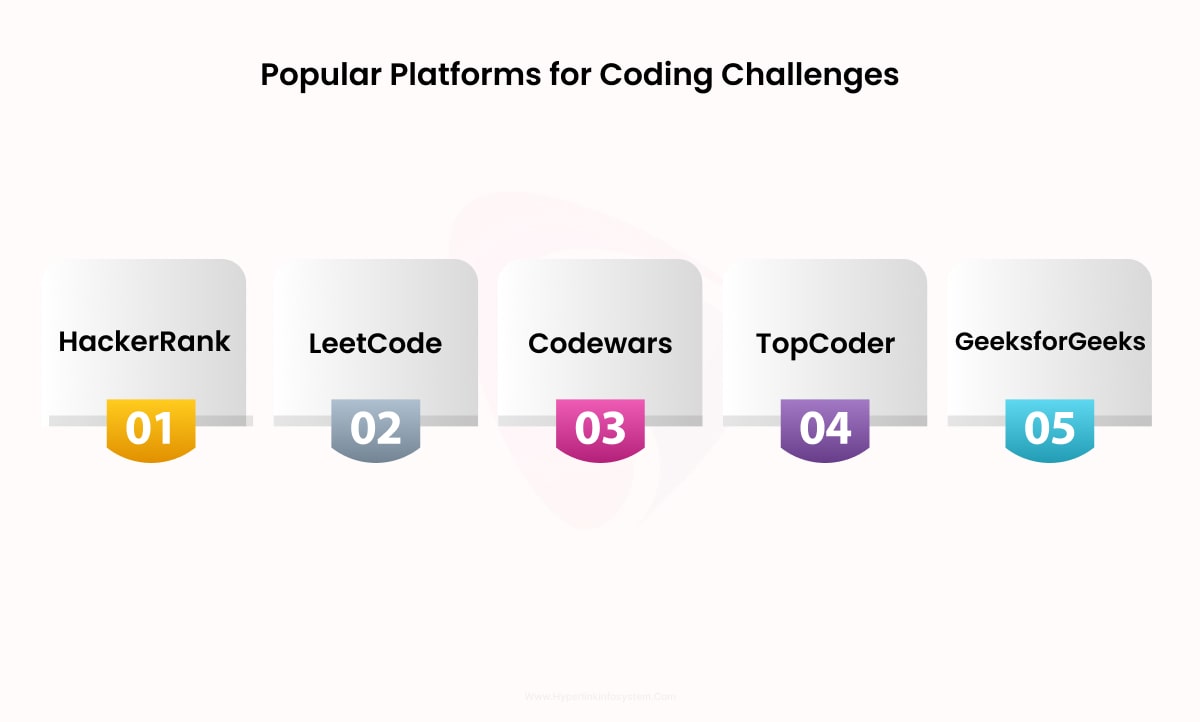
HackerRank
This platform is incredible as it provides difficulties in algorithms, data structures, and domain-specific activities.
LeetCode
This tool is ideal for preparation for technical interviews, with exercises organized by challenging circumstances.
Codewars
For all the gamers out there looking to opt for game development coding, Codewars is an amazing gamified platform offering challenges in multiple languages.
TopCoder
Looking for programming challenges and contests that are very competitive? TopCoder is your best bet for some creative challenges.
GeeksforGeeks
Excellent for practicing multiple styles of coding, with extensive explanations and lessons.
Tips for Practicing Effectively
Begin with only the Basics: Before deciding to move on to more complicated challenges, focus on fundamental ideas.
- Set a pre-fixed schedule: Set aside consistent time for practicing and mastering particular concepts.
- Solve and Review: Evaluate your method and learn from your failures; don't get disheartened, and keep looking for more upskilling opportunities everywhere.
- Try other languages: Broaden your abilities by training in several different languages to become the master of coders.
- Participate in contests: Participate in coding challenges to put your talents to the test while working under time limits.
Conclusion
The IT enterprise, among others, is the fastest and most quickly evolving, and being relevant as a developer is both critical and daunting. Every day, new programming languages, frameworks, and approaches enter the market, and more in-demand talents emerge among developers. Recognizing the benefits of continual learning is an extremely important skill for developers to have because the technology business is always evolving. Both experienced and inexperienced programmers should be on the lookout for opportunities to improve their skills.
Set short- and long-term learning goals, and then explore online developer courses on sites such as Udemy, Coursera, and Pluralsight to find the most up-to-date industry-related courses. Developers may also study popular books such as Clean Code by Robert C. Martin or You Don't Know JS by Kyle Simpson to create the groundwork for their careers as coders, or they may set aside additional time each week to learn a new programming language, read tech blogs, or experiment with new programming languages. If you wish to check out what's new in mobile app development or explore what dedicated developers can do for you and your enterprise, connect with our professionals at Hyperlink InfoSystem.
Hyperlink InfoSystem's app development strategy combines a thorough understanding of the client's needs with meticulous design, development, and testing methods. Our agile methodology ensures a simpler, collaborative process, resulting in apps that not only meet but often exceed client expectations. From the initial design to post-launch maintenance, we are committed to creating high-quality mobile applications that provide value and engagement. Do you want to bring your app concept to life? Contact Hyperlink InfoSystem and let's start making something amazing together.
FAQs
Q- Which are the most popular programming languages you can explore as a beginner?
Ans- Some of the most popular programming languages you can explore as a beginner are:
- Javascript
- Python
- Java
- Kotlin
- PHP
- C#
- Swift
- R
- Ruby
- C
- C++
- Matlab
- TypeScript
- Scala
- SQL
- HTML
- CSS
- NoSQL
- Rust
Q- How do I start self-learning coding?
Ans- There are many ways to start self-learning coding, such as:
- Start reading different coding books; they're the best way to build a robust coding foundational base.
- Watch a lot of coding videos to stimulate the power of audiovisual learning and take advantage of the abundance of resources available
- Discover interactive coding games so you can play, experiment, and keep up with your continual learning
- Join online coding communities to connect with fellow developers, share knowledge, tips, and tricks, along with gaining insights into subject matter expertise plus new tech trends
Q- What are the approaches involved in creating a mobile app with Hyperlink InfoSystem?
Ans- When it comes to best practices for mobile app development, we take an all-encompassing approach.
- Ideation and requirement collection
- Wireframing and UX Design
- Development and Coding
- Testing and Quality Assurance
- Launch and deployment.
- After-launch support and maintenance
Q- What code should I learn first as a beginner?
Ans: Python is typically suggested as a beginner programming language since it is simple and even enjoyable. Rather than needing to plunge into rigorous syntax constraints, Python reads like English and is straightforward to learn for a beginner programmer.
Q- What are the essential skills that coders should focus on?
Ans- Some important essential abilities are:
- Strong and exact grasp of data structures, algorithms, and program design concepts.
- Proper knowledge of databases and software architecture
- Developers require strong soft skills such as adaptability and communication.
Q- How long does it take to learn coding?
Ans- For a beginner, it all relies on your objectives and perseverance. Basic competency can take 3-6 months of persistent work, whilst advanced talents may take years.
Q- Can I learn coding for free?
Ans- Yes! There are several free resources accessible online, including:
- FreeCodeCamp
- Codecademy (free tier)
- YouTube courses












